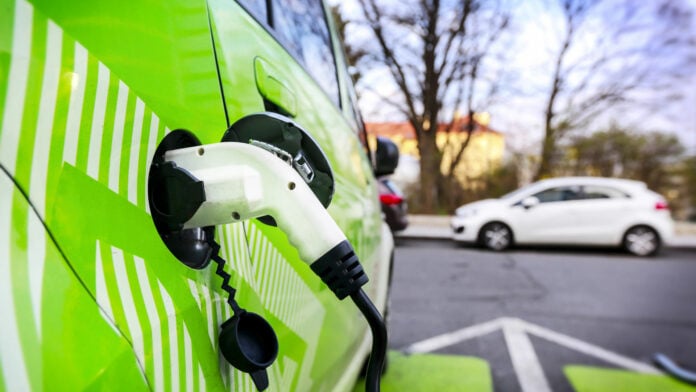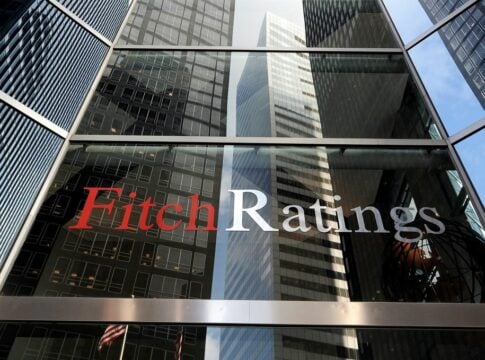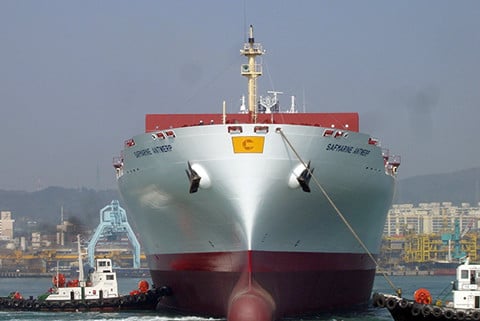European officials, who spoke to “Naftemporiki” in Brussels during the jouirnalists’ briefing on the Commission’s energy policy, admitted that the use of electric cars is not progressing as rapidly as the EU would like.
With the new College of Commissioners taking office in the near future and the European Parliament hosting hearings of Commissioners on November 4-12, the EU is taking stock of the energy sector developments.
In reply to a question raised by “Naftemporiki” regarding what will be done with electrification, given the low demand and drop in sales, the crisis facing the European automobile industry and the financial difficulty of Europeans to acquire electric vehicles, EU officials acknowledged that it is a complex issue: “The truth is that there is a problem and we are looking at what we can do and how we can solve it. For example, we want models to be manufactured at an affordable price so that we can talk about a sustainable situation, but at the same time we want to strengthen other sectors, such as the means of transport,” they emphasized.
Emissions limits are difficult to change
When asked if there is a chance to change the vehicle emissions target, EU sources stressed to “Naftemporiki” that “it is not in the interest of the car manufacturers to have such a change either.”
Rome and Berlin are joining the European car industry in asking the EU to relax CO2 emissions standards for cars as the bloc aims to end the sale of new petrol and diesel models by 2035.
Italy (which has under 1m electric vehicles) and Germany are rallying support from other EU members for a call to relax EU targets to reduce car CO2 emissions and review a 2035 ban on the sale of petrol models and diesel.
After all, it is now “certain” that the ban – in effect a zero limit on exhaust emissions – cannot be achieved. The two countries plan to propose at an EU Council summit on Thursday that a review clause in the legislation be pushed through from late 2025 to early 2026.
Emissions limits are difficult to change
Asked if there is a chance to change the vehicle emissions target, other EU sources stressed to “Naftemporiki” that “it is not in the interest of the car manufacturers to have such a change either”.
Rome and Berlin are joining the European car industry in asking the EU to relax CO2 emissions standards for cars as the bloc aims to end the sale of new petrol and diesel models by 2035.
Italy (which has under 1m electric vehicles) and Germany are rallying support from other EU members for a call to relax EU targets to reduce car CO2 emissions and review a 2035 ban on the sale of petrol models and diesel.
After all, it is now “certain” that the ban – in effect a zero limit on exhaust emissions – cannot be achieved. The two countries plan to propose at an EU Council summit on Thursday that a review clause in the legislation be pushed through from late 2025 to early 2026.
The European Automobile Manufacturers’ Association (ACEA) has officially requested from the Commission “short-term emergency relief measures” for car manufacturers in view of the stricter emission standards that will apply from January 1, 2025, reducing to 95 g/km. the CO2 emission limit per company and vehicles sold on an annual basis. Otherwise they will face stiff fines.














